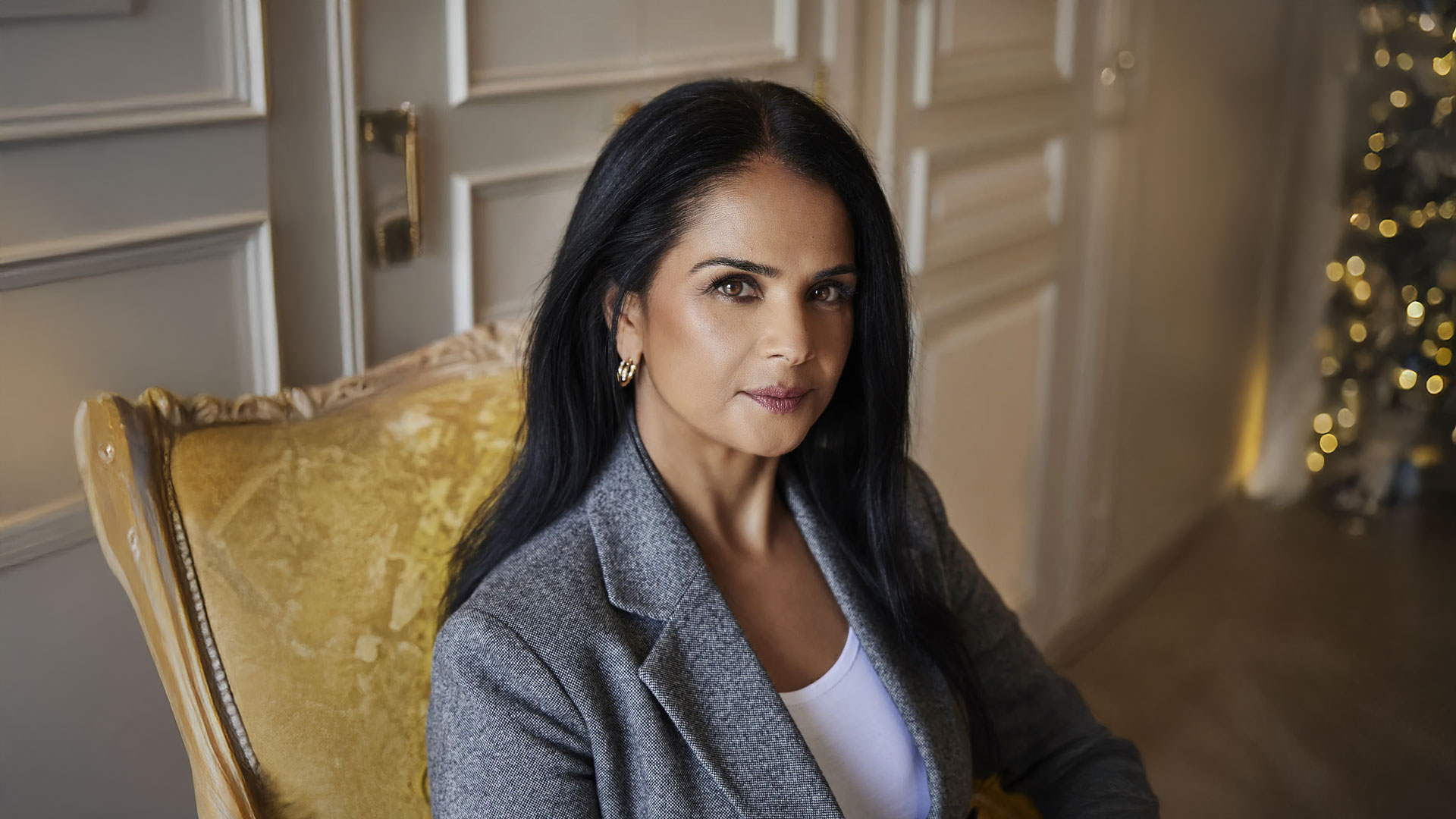(May 1, 2025) In 2017, Bela Bajaria sat transfixed by a documentary about arranged marriages in India, A Suitable Girl. As the end credits rolled, she sensed an opportunity. Drawing on memories of her own parents introducing her to potential partners, Bajaria picked up the phone to call the film’s director, Smriti Mundhra. What if, she proposed, they turned this slice-of-life documentary into a Netflix reality series? The idea was unorthodox – a dating show centered on the age-old Indian tradition of matchmaking – but Bajaria knew from experience that within this culturally specific premise lay universal drama. “I understood that push-pull of being in America and [dealing with] love and arranged marriages… on a deeper level,” she later reflected, recalling how she once bristled at her own parents’ matchmaking efforts. That cold call led to Indian Matchmaking, an intimate look at modern arranged marriage which, to many people’s surprise, became a global hit on Netflix. In its first month, the show was avidly watched by viewers not just in India but around the world and even won an Emmy nomination – proof that a story deeply rooted in Indian culture could resonate far beyond its borders.
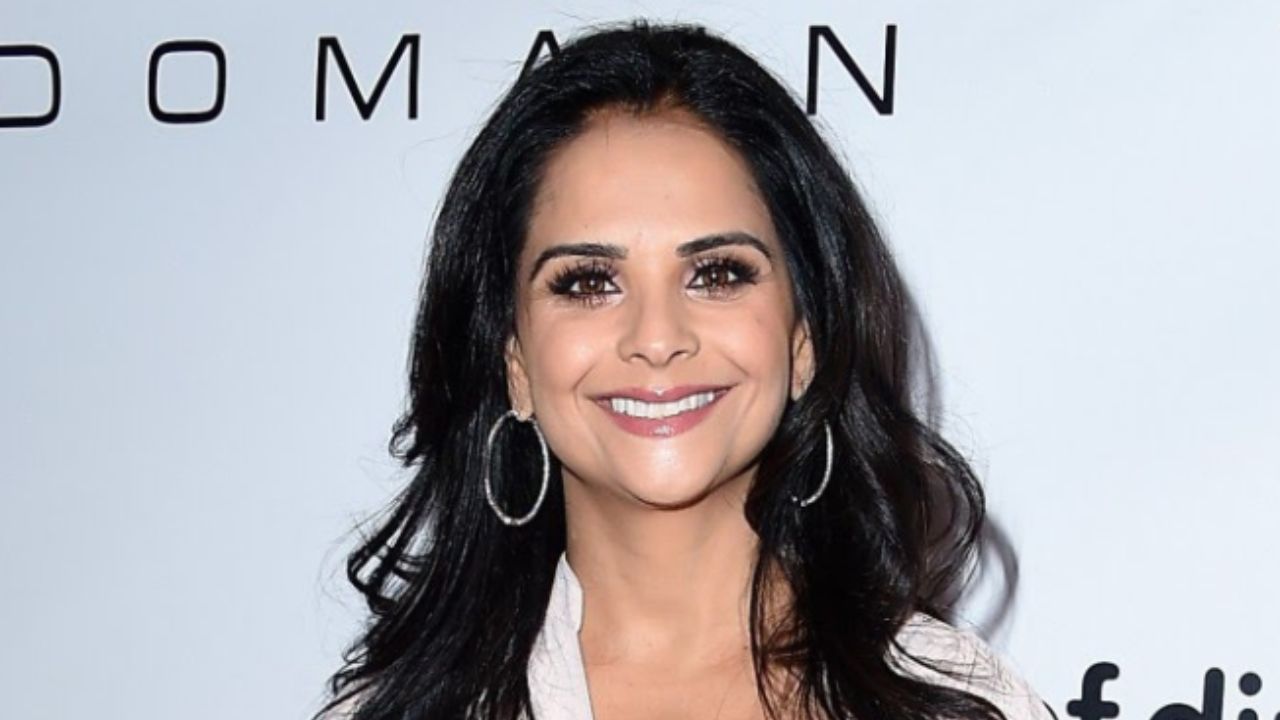
Bela Bajaria
Authentic Stories, Global Reach: 500 Productions in 27 Countries
This knack for spotting the universal in the specific has come to define Bela’s approach to storytelling. It’s also propelled her rise to one of the most powerful positions in entertainment: Chief Content Officer at Netflix. Today, Bela manages a content slate of nearly 500 productions across 27 countries – commanding a reported $17 billion budget – in her mission to bring diverse stories to the streaming platform’s 238 million subscribers. In 2024, she earned a coveted spot on The Wrap’s Changemakers list, singled out as the only Indian-American among the 51 women honored for leading and reinventing Hollywood. The recognition acknowledges how Bajaria’s vision has “redefined the television experience” on a global scale, transforming Netflix into a powerhouse of international storytelling.
Her content philosophy is straightforward: don’t chase the broadest audience, champion authenticity. “When you try to make something that appeals to everyone, you just end up making something that appeals to no one,” she has explained. Instead, she empowers creators to tell culturally specific stories with local truth, confident that genuine voices will find global appeal. The strategy has paid off spectacularly. Under Bela’s leadership, Netflix has spawned game-changing hits from every corner of the world, from the Korean thriller Squid Game to the lush British period drama Bridgerton. Squid Game, in particular, became a phenomenon – a deadly survival story laced with Korean social commentary that racked up over 265 million Netflix views in its first 91 days, shattering records to become the streamer’s most-watched series launch.
None of it was engineered to “go global” in a formulaic way; as Bela noted, its success came from the fact that it felt authentically Korean, yet its themes of inequality and desperation struck a chord everywhere. Even Bridgerton, a Regency-era romance found fresh global appeal in part through inspired inclusive casting and storytelling twists – such as its Season 2 focus on a strong-willed Indian heroine amidst London’s high society. And in India, gritty originals like Delhi Crime have thrived under Bela’s watch. That police procedural, grounded in a real New Delhi case, won the International Emmy Award for Best Drama Series – the first ever Indian show to do so – and proved that Indian narratives told with honesty and local detail can earn worldwide acclaim.
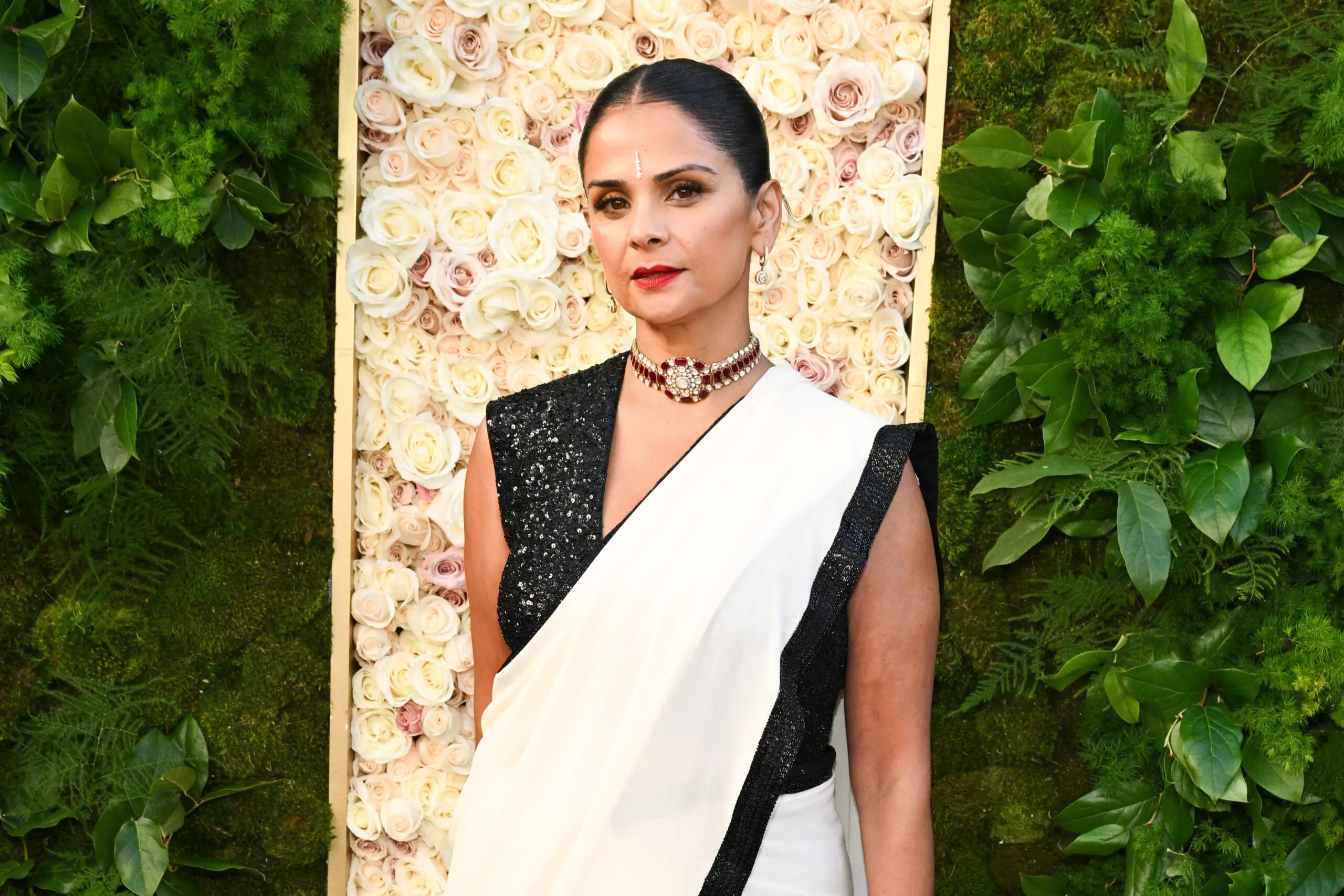
Bela Bajaria
Growing Up Between Cultures: Dual Identity Driving Bela Bajaria’s Vision
Her instinct for cross-cultural storytelling is rooted in her own cross-continental upbringing. She was born in London in 1970 to Indian parents from Gujarat and spent her early childhood in Zambia in southern Africa. When she was eight, her family moved to the United States – a move complicated by immigration hurdles. Her parents initially overstayed their U.S. visa and fell out of legal status, meaning young Bela had to stay behind with her grandparents in the U.K. until her parents secured residency. She finally reunited with them in 1978 in Los Angeles, where they settled in a working-class enclave of Southern California. Thus began her lifelong pattern of straddling cultures: at home she spoke Gujarati and observed Indian traditions, while at school she strove to fit into American teenage life. “I grew up as an Indian girl in the U.S. and never saw myself anywhere – definitely not onscreen. It was isolating and confusing,” Bajaria has recalled, underscoring why representation in media matters to her.
In the 1980s, when diversity was scarce in Hollywood, “it was not cool to be Indian” at her school. Bela learned to navigate that identity conflict, becoming adept at code-switching between her Indian heritage and American environment. This dual identity would later give her a unique sensitivity to cultural nuance in storytelling – and inspire her to champion voices she once rarely saw on screen while growing up.
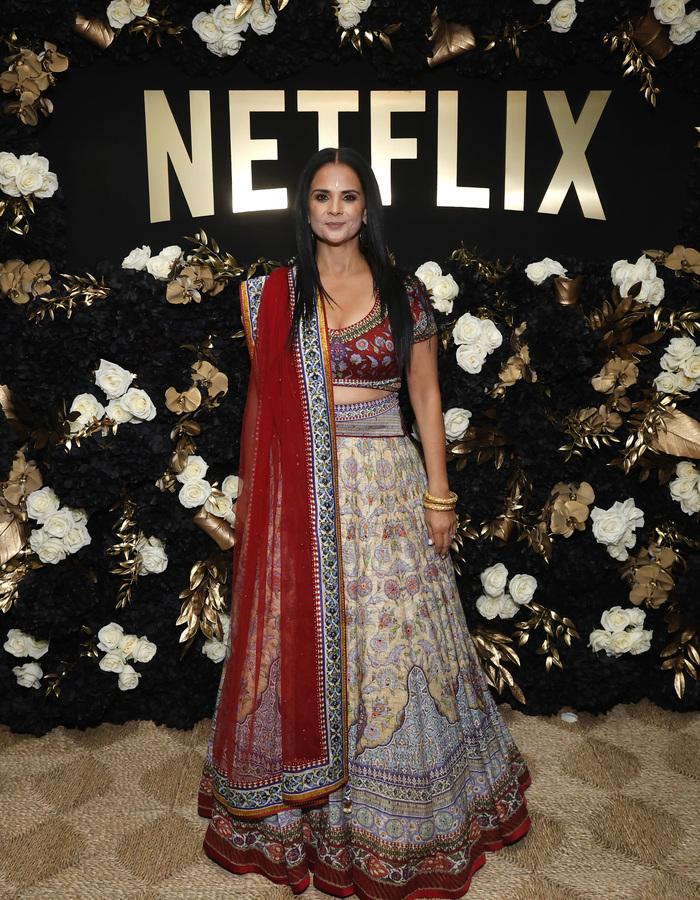
From Pageants to Programming: Her Rise in TV and Netflix
Bela was a shy immigrant teen who found confidence in the Indian diaspora community. In 1991, at age 20, she won Miss India USA and then Miss India Worldwide — experiences she says “gave her poise, public visibility, and a platform to celebrate her heritage.” After earning a Communications degree from California State University, Long Beach, she wrote letters to TV executives in 1996 asking for a chance. That bold move landed her an assistant role at CBS, and by her late twenties she had risen to vice president of movies and mini-series — a rapid climb that marked her as a rising star in network television.
Bela’s reputation for developing hits grew as she moved into studio roles. In 2011, she joined Universal Television and soon became its president, making history as the first woman of colour to run a major TV studio. At Universal, she backed shows like The Mindy Project and Unbreakable Kimmy Schmidt, bringing fresh, diverse voices to network TV. In 2016, a leadership shake-up at NBC Universal led to her unexpected exit — a move she’s called “painful.” Within months, Netflix’s Ted Sarandos tapped her to spearhead its originals push in unscripted series and international co-productions.
Script to Screen: Elevating Underrepresented Voices
Netflix was ready to go global, and Bajaria helped make it happen. She broadened Netflix’s lineup by approving shows from places and genres Hollywood often ignored. One early success came when she convinced Mindy Kaling to turn her own childhood into Never Have I Ever, a series about an Indian-American teen. Kaling said, “That gave me the confidence to create the world… an Indian American family set around a teenage girl – [something] that had never been on television” . When the show premiered in 2020, it was a hit, proving Bajaria right that telling specific stories can connect with everyone.
Bajaria has made representation a cornerstone of her work. “When I read a script, I imagine a brown girl as the hero of the story—that’s the way I see the world,” she said in a Netflix blog post, highlighting how her identity guides her choices. Speaking at the TIME100 Summit, she added, “It’s a really powerful thing to be seen that way—so people actually see themselves and see cultures and people they don’t know about”. Under her leadership, Netflix has broadened its talent pool both behind and in front of the camera, championing creators and characters from communities long underrepresented on screen.
Inclusion and Innovation: From Indian Originals to a Global Netflix Slate
Bajaria also boosted Netflix’s investment in Indian content, greenlighting shows like Sacred Games, Delhi Crime, and Indian Matchmaking. “I fully committed us to creating quality content from India,” she said, aiming to win over local viewers and intrigue audiences worldwide. The strategy paid off: Delhi Crime became the first Indian series to win an International Emmy, and titles like She and Mismatched built global fan bases. By 2021, 97 percent of US subscribers had watched at least one non-English title in the past year, highlighting the demand for diverse, authentic storytelling.
In 2023, Bajaria rose to Chief Content Officer at Netflix, taking charge of every film and series across the platform’s global slate. She now curates everything from big-budget action movies to small indie dramas and reality hits, blending sharp business sense with a storyteller’s passion. Her focus is simple: finding great stories and empowering the people who tell them. Bela’s journey proves that an Indian-American woman who once felt “othered” by the screen can reshape the industry from within by betting on true inclusion.
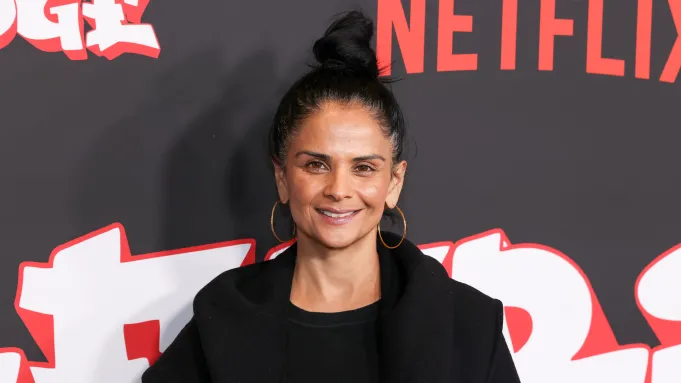
As Netflix’s Chief Content Officer, Bajaria is driving a push for fresh voices and constant innovation. She rejects the idea that Hollywood has run out of ideas, insisting, “Creativity is not dead – not on Netflix, and not for our creators”. Her vision is straightforward: bring more authentic stories from every corner of the globe, told by the people who live them. Having lived in London, Lusaka, and Los Angeles, she knows firsthand the value of diverse perspectives—and she’s working to make sure Netflix reflects the world’s richness. Her legacy is still unfolding, but already she’s creating a future where anyone, anywhere, can see themselves on screen—and that, for Bajaria, may be the greatest success of all.
- Follow Bela Bajaria on LinkedIn
ALSO READ | Bollywood magic: Africa’s deep-rooted love affair with Indian cinema
